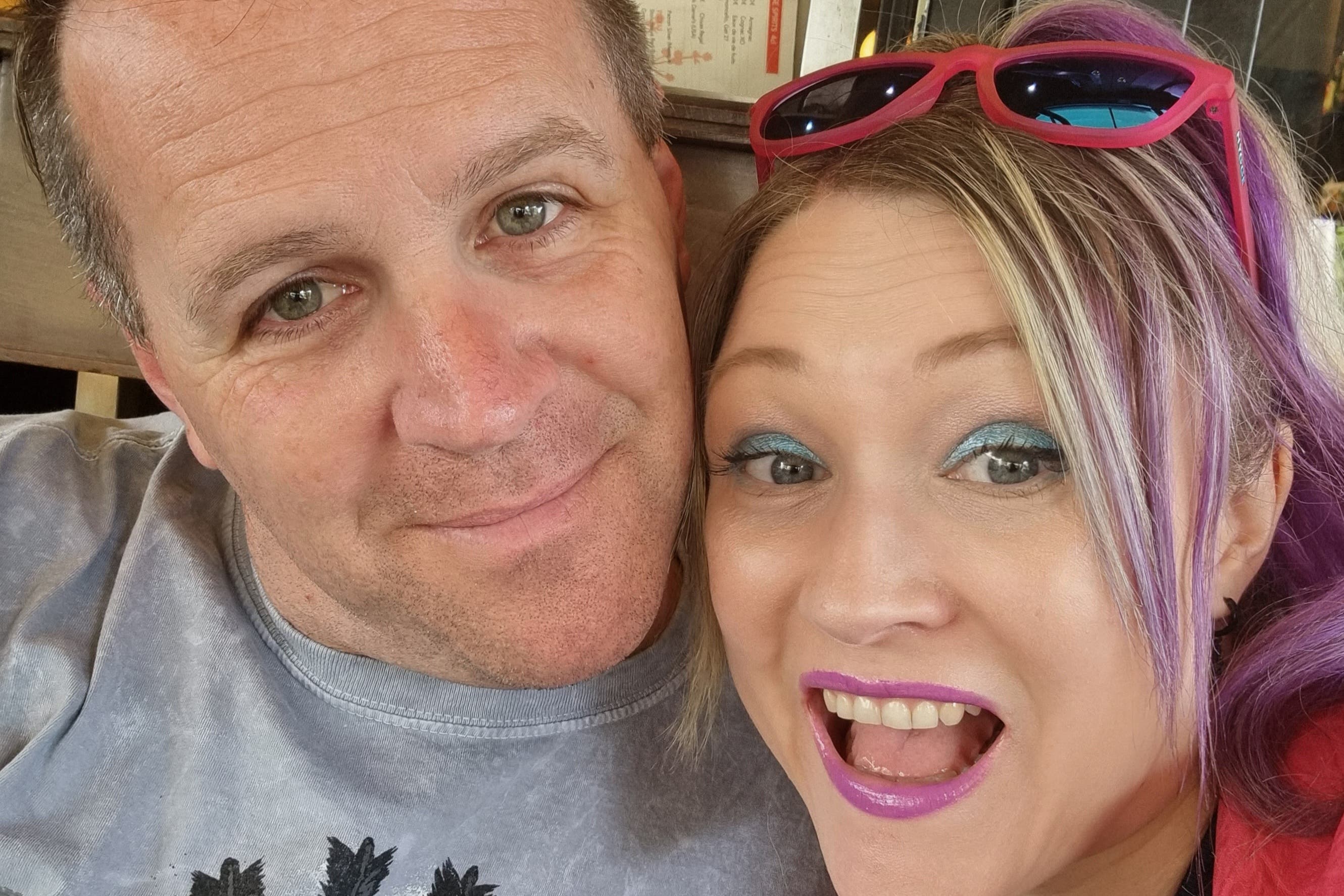Heart attack patient waited 40 minutes for ambulance to arrive
The British Heart Foundation (BHF) said that average ambulance waits in England rose to 48 minutes in September.

Your support helps us to tell the story
From reproductive rights to climate change to Big Tech, The Independent is on the ground when the story is developing. Whether it's investigating the financials of Elon Musk's pro-Trump PAC or producing our latest documentary, 'The A Word', which shines a light on the American women fighting for reproductive rights, we know how important it is to parse out the facts from the messaging.
At such a critical moment in US history, we need reporters on the ground. Your donation allows us to keep sending journalists to speak to both sides of the story.
The Independent is trusted by Americans across the entire political spectrum. And unlike many other quality news outlets, we choose not to lock Americans out of our reporting and analysis with paywalls. We believe quality journalism should be available to everyone, paid for by those who can afford it.
Your support makes all the difference.A charity has warned that more lives will be lost if extreme delays in care for heart patients continue.
The British Heart Foundation (BHF) said that average ambulance waits for category two calls in England, which include suspected heart attacks and strokes, rose in September to 48 minutes – almost triple the target of 18 minutes.
The charity added that there is significant variation between regions, with the fastest average response in South Central England at 38 minutes while the slowest is the East of England at 74 minutes.
One patient, Phil Moore from Maidstone, fought to stay conscious for 40 minutes while waiting for an ambulance after suffering a heart attack.
A former BHF employee, Phil, 50, recognised that he was having a heart attack and needed to ring an ambulance.
In a statement, Phil’s wife Rachel, 44, said her husband started to feel dizzy and got a heavy feeling while walking to the shops.
“For me and for Phil, the next part of the story is the most distressing,” his wife said.
“He waited a couple minutes on the phone for the 999 call to be connected to the operator. When he did get through, he told them he was having a heart attack and urgently needed an ambulance.
“Slumped in the driver’s seat of his car, the operator began asking him a series of questions to assess whether he did in fact need an ambulance. During the questions, Phil starting begging for an ambulance to come quick.
“The questions over, Phil was told an ambulance would be sent and ‘would be there shortly’.”
The hospital was only an eight-minute drive away.
However, Phil would be in for a much longer wait.
We fear more people may be needlessly dying from heart conditions because they couldn’t get their lifesaving treatment on time, and it’s not even winter yet
“But then he began drifting in and out of consciousness,” Rachel said.
“All he kept thinking was that I’d sent him a message saying I love him and I missed him and that he was going to die without being able to reply. Mustering his strength, he glanced at his phone to see how long he’d been waiting for the ambulance – it had now been 20 minutes.
“Fighting to stay conscious, he pressed re-dial on 999 and pleaded with them to get the ambulance there quickly.
“It’s now all very hazy and the operator was urging him to stay awake in that life and death tone that comes to the voice in such moments. Forty minutes after the first call, an ambulance pulls up.”
Luckily, Phil was treated in hospital and survived the heart attack.
“He is fit and healthy,” Rachel said.
“The blood clot was unexplained. His heart and arteries are all healthy and fine and we’ve been told he will never know what caused the clot.
“But it could have very easily gone another way. If the ambulance had have taken a bit longer… who knows? It physically hurts to think about this scenario.”
However, Dr Sonya Babu-Narayan, associate medical director at the BHF, warned that “the difference between life and death can be a matter of minutes when someone is having a heart attack or stroke,” he said.
“That’s why these figures are so shocking. We fear more people may be needlessly dying from heart conditions because they couldn’t get their lifesaving treatment on time, and it’s not even winter yet.
“NHS staff are working flat out but there aren’t enough of them to tackle the overwhelming strain on the system. Addressing workforce shortages in the health service has never been more urgently needed, and every day we delay could lead to more needless loss of life from heart conditions.”
An NHS spokesperson said: “The latest figures published today show the immense pressures on ambulance services, with the number of the most serious ambulance call outs in September up a fifth compared to before the pandemic, following the busiest summer ever for ambulance staff – between June and August, paramedics dealt with more than 237,000 category one incidents, up a third on pre-pandemic levels.
“The NHS has already announced measures to boost its capacity ahead of winter, with the aim of delivering thousands more beds, extra staff to answer 999 and 111 calls, and plans to help ensure patients are discharged on time, and the public can help us by making the most of services like 111 online or local pharmacies, and calling 999 if it is a life-threatening emergency.”